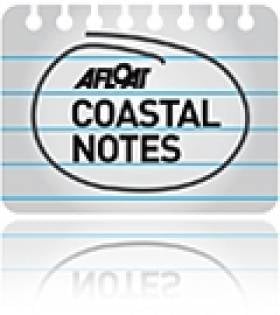Displaying items by tag: Scampi
Dublin Bay Prawn Festival Heads for Howth
A Sampi trail will be held in various pubs and hotels on the Friday night starting at 7pm, no booking is required. On the Saturday afternoon there is a Prawn Shelling Competition starting at 2.30pm.
Howth Yacht Club will open its doors to public viewing on the Saturday and the Howth Coastguard Station (West Pier) will also be open on that day too in addition to the Sunday. The West Pier is also to host a Fishing Techniques demonstration on Sunday at 3pm.
On the mornings of Saturday and Sunday a self-guided walk from Howth to up to Howth Hill taking up to two hours will meet at The Courthouse at 10am. The walk which is to be pre-booked and registered online is also suitable for families. The route is weather dependant and will follow one of the four looped walks.
The Irish Seal Sactuary will be offering a seal watching tour and harbour walks guided by volunteers on the Saturday and Sunday. An information stand will be made available for more details click www.irishsealsanctuary.ie
Throughout the weekend there will be all day events which include island boat / eco tour trips and the National Transport Musuem, noting that these activities will be charged. It should be noted that festival programme is provisional and is subject to change.
For more information about the full festival programme logon HERE and by contacting Howth Tourist Office on 01 8396955 and by email: [email protected]





























































